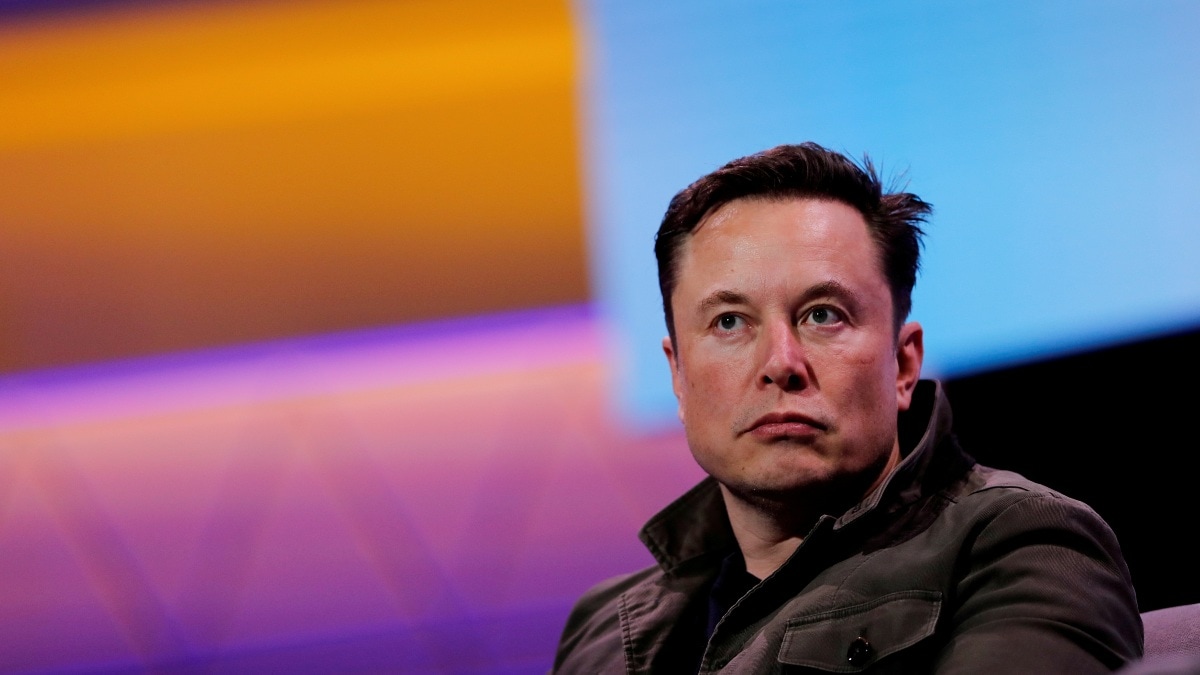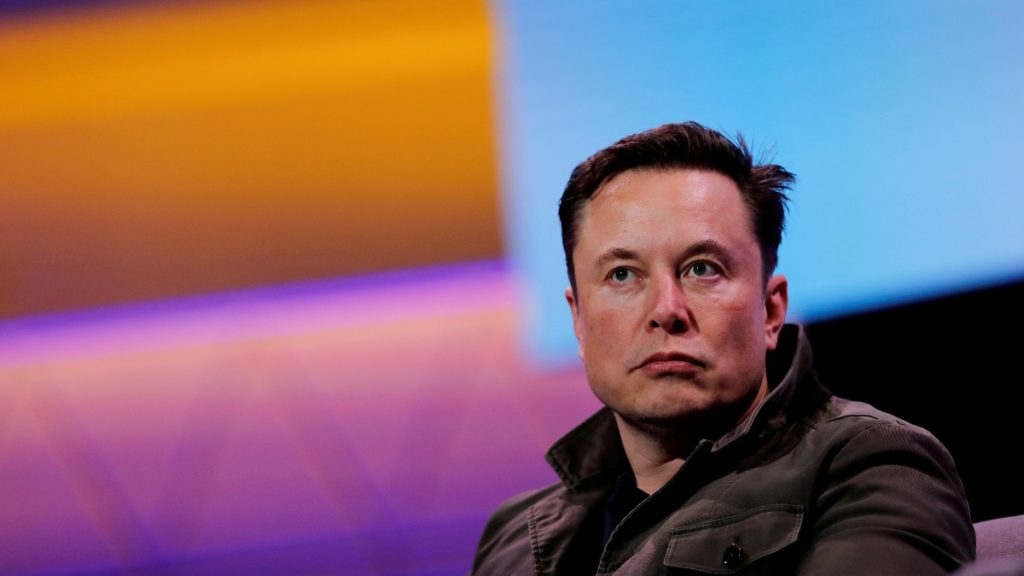
Twitter’s workforce is likely to be hit with massive cuts in the coming months, no matter who owns the company, interviews and documents obtained by The Washington Post show, a change likely to have major impact on its ability to control harmful content and prevent data security crises.
Musk told prospective investors in his deal to buy the company that he planned to get rid of nearly 75 percent of Twitter’s 7,500 workers, whittling the company down to a skeleton staff of just over 2,000.
Even if Musk’s Twitter deal falls through — and there’s little indication now that it will — big cuts are expected: Twitter’s current management planned to pare the company’s payroll by about $800 million (roughly Rs. 6,625 crore) by the end of next year, a number that would mean the departure of nearly a quarter of the workforce, according to corporate documents and interviews with people familiar with the company’s deliberations. The company also planned to make major cuts to its infrastructure, including data centers that keep the site functioning for more than 200 million users that log on each day.
The extent of the cuts, which have not been previously reported, help explain why Twitter officials were eager to sell to Musk: Musk’s $44 billion (roughly Rs. 3,64,500 crore) bid, though hostile, is a golden ticket for the struggling company — potentially helping its leadership avoid painful announcements that would have demoralized the staff and possibly crippled the service’s ability to combat misinformation, hate speech and spam.
The impact of such layoffs would likely be immediately felt by millions of users, said Edwin Chen, a data scientist formerly in charge of Twitter’s spam and health metrics and now CEO of the content-moderation start-up Surge AI. He said that while he believed Twitter was overstaffed, the cuts Musk proposed were “unimaginable” and would put Twitter’s users at risk of hacks and exposure to offensive material such as child pornography.
“It would be a cascading effect,” he said, “where you’d have services going down and the people remaining not having the institutional knowledge to get them back up, and being completely demoralized and wanting to leave themselves.”
Twitter and Musk are expected to close the purchase by next Friday. Planning for the closing is moving forward in apparent good faith after months of legal battles, say people familiar with the negotiations who spoke on the condition of anonymity to discuss internal deliberations. If the deal closes, Musk would immediately become Twitter’s new owner.
Twitter did not immediately respond to request for comment.
“The easy part for Musk was buying Twitter and the hard part is fixing it,” said Dan Ives, a financial analyst with Wedbush Securities. “It will be a herculean challenge to turn this around.”
Nell Minow, a corporate governance expert who is vice chair of ValueEdge Advisors, said Musk was likely shopping ambitious plans to potential investors but will face challenges in implementing his proposals.
“He’s got to be able to show if he makes those cuts, what happens next?” she said. “What’s he gonna replace it with, AI?”
Company executives have repeatedly told employees that there are no immediate layoff plans during town hall meetings. In the one town hall that he attended, in June, Musk was pointedly asked a question about layoffs. He answered that he didn’t see a reason low performers should remain employed.
But the new details, which reflect conversations over the last few months, highlight the extreme nature of Musk’s planned transformation of Twitter amid the challenge of making the long struggling company more profitable. Twitter has never achieved the profit margins or size of other social sites like Meta and Snap. And Musk’s plan to take the company private — freeing it from having to please Wall Street — was a key reason former CEO and co-founder Jack Dorsey got behind Musk’s bid.
Musk and his representatives did not respond to requests for comment.
The months-long roller-coaster saga of Musk’s on-again off-again bid for ownership — coupled with a tense legal battle — has left Twitter battered and bruised. It faces significant worker attrition, slowed hiring, stalled projects and a volatile stock price.
Recently Andrea Walne, a general partner at Manhattan Venture Partners, a firm that has invested in the deal, told Business Insider that she thinks Twitter is worth only $10 billion (roughly Rs. 83,000 crore) to $12 billion (roughly Rs. 99,400 crore) and that other partners were trying to get out. Musk himself said that he and his investors were “obviously overpaying” for the site during Tesla’s earnings call on Wednesday. Walne did not respond to requests for comment.
Musk has suggested he’ll loosen content moderation standards and favors restoring former president Donald Trump’s account (on Tuesday he posted a meme of himself, Kanye West and Trump each holding a sword for the social media company he owns or is in the process of purchasing).
Musk has told investors that he plans to double revenue in three years, and would triple the number of daily users that can view ads in the same period, though he’s offered scant details on how he would accomplish those goals.
Twitter estimates that its monetizable daily active users (MDAU), defined as the number of users eligible to see ads, is 237.8 million, up 16.6 percent compared with the same quarter last year. But documents that have emerged in Twitter’s court battle with Musk point to far lower numbers, with Musk’s side claiming, using Twitter’s own data, that fewer than 16 million users see the vast majority of ads.
Moreover, the time those users spend browsing Twitter declined 10 percent over the course of 2021 and only recovered slightly in the first quarter of 2022, according to the interviews.
Gutting and then reshaping the workforce through rehiring chosen people is a huge part of Musk’s ambitions, according to interviews and documents. Though Musk has previously indicated he would be open to cutting staff — legal filings show that he agreed with a friend over text that the company’s head count wasn’t justified by its revenue when compared with other tech companies — he has not offered specific numbers publicly.
In presentations prepared for investors and other interested parties, Musk’s optimistic business projections were fueled in part by steep jobs cuts across what was termed a “bloated” organization. One prospective investor, who spoke on the condition of anonymity to candidly describe Musk’s proposals, likened them to leveraged buyouts, where companies are made profitable through devastating cuts to labor and operations.
But Musk has told associates he thinks that dramatically slimming down the company is the first step to executing a turnaround strategy that would then involve bringing in more effective workers and profitable innovations. Those include expanding on new services that he has claimed could bring in more revenue, such as a subscription business where people pay to subscribe to exclusive content from powerful figures and influencers. (Twitter is currently experimenting with such a model, called Twitter Blue).
But Twitter’s own data has found that subscriptions may not bring in significant new revenue, according to the interviews. That’s because the users who view the most ads — roughly the top 1 percent of users in the US — are also the ones most likely to join a subscription service. If they began paying a monthly subscription and went ad-free, the program could cannibalize the most lucrative part of Twitter’s current ad business.
Twitter’s budget for head count — roughly $1.5 billion (roughly Rs. 12,400 crore) last year — includes many highly paid ad salespeople and several thousand engineers. The company also spends hundreds of millions on contracting firms that pay people to review reports of hate speech, child pornography, and other ugly and rule-breaking content on the internet. Some of the planned cuts were put on hold pending the sale to Musk, which was announced in April.
The company is instituting a performance review system called stack ranking that requires managers to grade employees on a numerical curve, so that a set percentage of workers will always be marked as low performers, according to one of the company documents obtained by The Post. The move has been protested by staff members, but Twitter says other tech companies have the same practices.
Human resources staff at Twitter have told employees that they aren’t planning for mass layoffs, but documents show that extensive plans to push out staff and cut down on infrastructure costs were already in place before Musk offered to buy the company. Musk would then have built on those plans by first targeting low performers — people the company’s human resources system designated as “not on track” or receiving below a 3 out of 5 rating — before moving to other phases of downsizing.
For weeks leading into the acquisition announcement, Musk and his attorney Alex Spiro pitched a who’s who crowd of elite investors in Silicon Valley and Wall Street on a deal that was billed as a chance not only to transform underperforming Twitter, but to work with the celebrated Musk. Not all potential investors received the same details from Musk’s team.
Some of Musk’s biggest partners in the deal, including Oracle co-founder Larry Ellison and Sequoia partner Doug Leone were also Trump supporters and self-proclaimed believers in the type of free speech ideology Musk promised to bring back to the platform. (Leone is no longer a Trump supporter but is said to take an expansive view of free speech). Hedge fund manager Kenneth Griffin, a Trump supporter and the second largest GOP donor in the current midterm cycle, also committed a smaller amount — under $20 million (roughly Rs. 165 crore) compared with $1 billion (roughly Rs. 8,300 crore) from Ellison — to the deal, The Post has learned.
But many potential notable funders passed.
Private equity giants T. Rowe Price, TPG and Warburg Pincus, who collectively control more than $1.4 trillion, all decided not to invest after being approached by Musk’s representatives, according to people familiar with the process.
And other prominent Silicon Valley heavyweights said no as well. LinkedIn founder Reid Hoffman helped connect Musk with Microsoft CEO Satya Nadella as part of the money-raising process, but decided not to invest himself, according to people familiar with the situation. Hoffman is a major Democratic donor, and Musk at the time was already talking about restoring Trump.
Founders Fund, the Silicon Valley venture firm founded by billionaire Republican donor Peter Thiel, also said no. Thiel first worked with Musk in 2000 when the two merged their companies to form PayPal, and Thiel’s associates have said he is a fan of Musk running Twitter.
It’s unclear whether these parties didn’t buy into Musk’s lofty projection, or didn’t want to be involved politically.
Some passed after the company’s finances and Musk’s own predicament began to look less attractive.
One person who lost interest told The Post that he was alarmed after the market downturn and the cost of the deal began taking a toll on Musk’s finances and the crown jewel of his portfolio, Tesla.
It hasn’t helped that Musk relentlessly attacked Twitter and its leadership after announcing his takeover, pushing down its stock price. Musk’s latest turnabout only added to the sense of chaos.
“[It’s] like you bought a new car, you decided you didn’t want it, and then you crash it,” the person said. “And then you’re like ‘I’ll keep it.’”
Affiliate links may be automatically generated – see our ethics statement for details.
Read The Full Article Here

